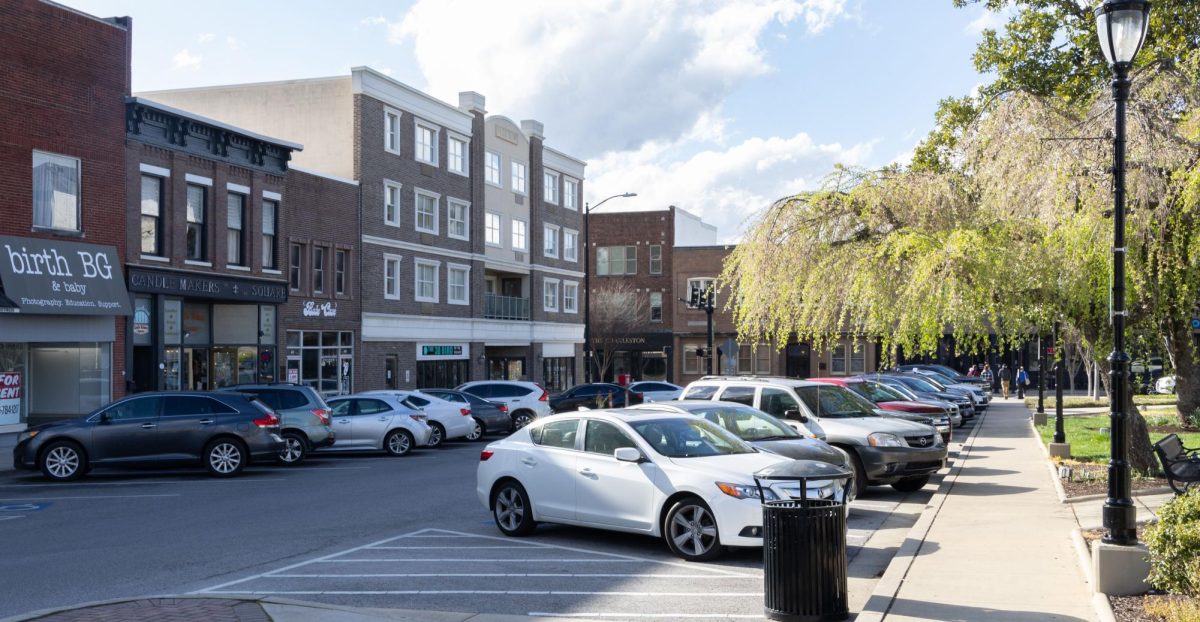Letter to the Editor: WKU policy doesn’t protect assault victims
October 14, 2014
The members of the Coalition for Social Justice have many issues with the way in which WKU is handling its campus sexual assault and rape cases.
At WKU, sexual harassment reports mandate the reporter name the crime, perpetrator, and, objectionably, the student who survived the sexual assault. This is odd, considering that the federal legislation WKU is complying with only says that the reporter may provide the survivor’s name, but WKU’s policy states that they must.
Students can no longer seek counsel with professors anonymously. Faculty who fail to report students who come to them in confidence are at risk of losing their jobs. Professors should be advocates for their students, but the policy forces them to turn their backs on survivors who feel the need to preserve their anonymity.
Anonymity is crucial to many survivors so that they can be safe from the backlash that almost always follows reports of sexual harassment. This backlash is a serious matter. It can include threats of further violence both sexual and otherwise, the follow-through of those threats, social ostracism and more. If anonymity cannot be promised, many survivors are forced to choose silence over the very high potential for extreme social, physical and emotional repercussions.
Why then does WKU’s policy forbid anonymity? Any public university found not complying with Title IX is subject to losing several millions of dollars in federal funding. The federal legislation says that faculty may report survivors. It seems as though WKU believes that making it mandatory will be even better.
It seems as though when WKU took on the Title IX policy, their intent was to make it more hard-hitting and therefore more effective, but in reality, mandating that survivors identify themselves after going through an awful experience does more harm than good.
WKU is overcompensating its historic lack of sexual assault prevention and is hurting its students in the process.
One of our own members is a survivor of sexual violence. In the midst of her junior year she had to attend meetings which felt like interrogations, and ultimately resulted in no punishment for her perpetrator. In fact, she feels less safe now than she did before.
Not only did she have to identify herself as the one who reported her attacker, she also has to live with the fact that her attacker knows that she reported him and that he remains on campus to this day. In her experience, she has learned that her problems are unimportant to the administration.
She is not a victim at the mercy of her abuser. She is a survivor who has overcome violence and blame at the hands of others. She is stronger because of that abuse and blame.
She refused to be silenced, but if the policy mandating that survivors identify themselves continues, all we will hear is silence.























